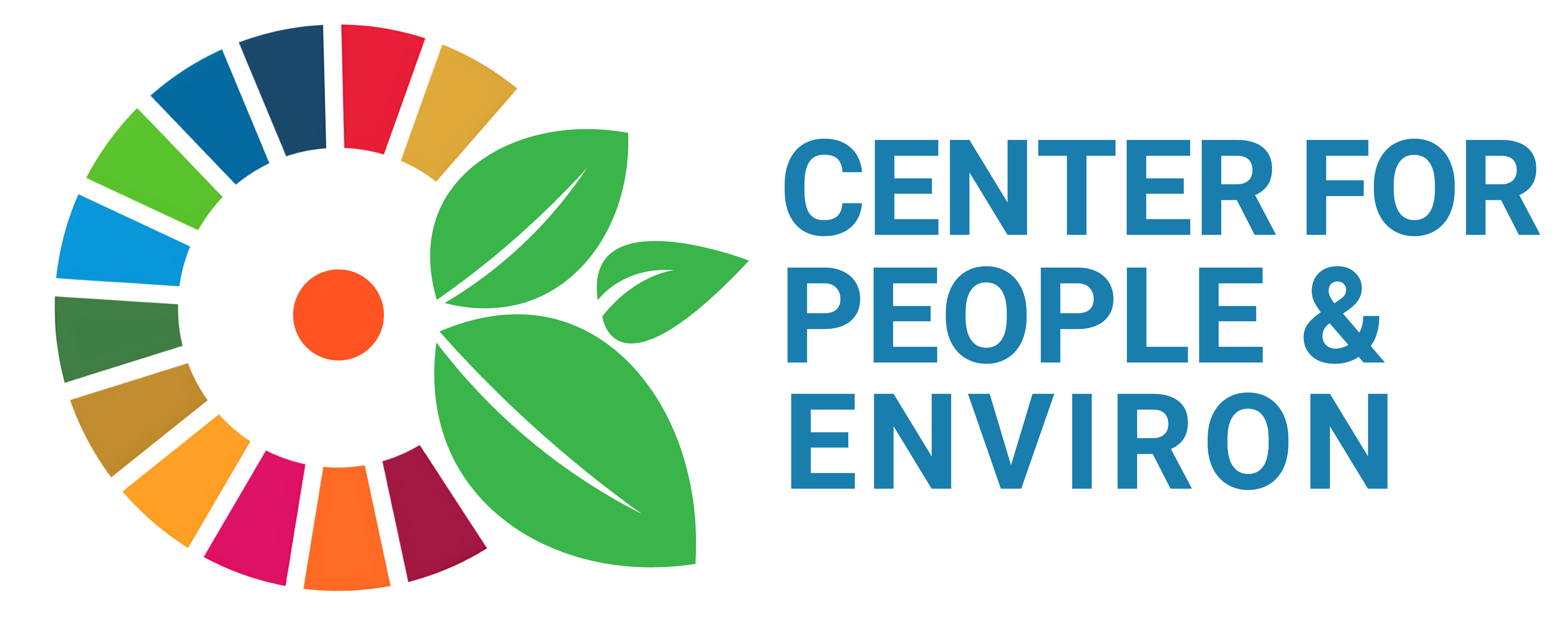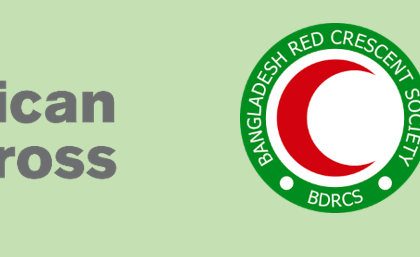Assessment and developing a climate-adaptive framework, strategy, and action plan for the BRAC Skills Development Programme
Objectives
The broad objective of the assignment is to assess and strategize BRAC’s Skills Development Programme to be more climate-adaptive and incorporate skills training for green jobs within SDP’s current and future initiatives exploring the entry points for mainstreaming climate change across the SDP aligned with the BRAC Climate Change Strategy, the Environmental Policy, and the Environmental and Social Safeguard Framework (ESSF). The specific objectives of the assignment are:
- To identify the normative narrative that SDP should adopt to precisely define and communicate its overarching ambition concerning the integration of climate adaptation and mitigation.
- To define specific indicators to comprehend, monitor, and evaluate SDP’s advancements in achieving climate resilience.
- To identify the potential for introducing climate-friendly, green trades, such as solar maintenance technicians, through classroom-based training.
- To define the specific measures that should be taken to realize the: 1. Elevating general awareness of the learners about climate through a climate-focused curriculum, 2. Enhancing the technical knowledge of SDP learners regarding trade-specific climate adaptation and mitigation strategies for both existing and future trades, and 3. establishing climate-adaptive infrastructure such as a training center.
Methodology
Collection, review, and analysis of relevant literature related to SDP, climate change, disaster, migration, livelihoods, gender, youth, and persons with disability inclusion.
Collection, review, and analysis of long-term climate and weather data of key climate parameters and disaster data to show the trends of change and impacts on urban health, WASH, livelihoods, socio-economy, housing and shelter, drainage, food security, and livelihoods;
Review of documents, strategy, policies, etc.
Participatory research to get actual data, perspectives, and experiential knowledge of the vulnerable youths, climate vulnerability, disaster vulnerability, skill needs, localized climate-adaptive interventions, and skills, through the Focus Group Discussion (FGD).
Participatory capacity analysis of individual, community, and institutional levels to understand knowledge, practice, and resources to adapt to changing climate, green job opportunities, climate inclusion in skill development trades, etc. through Key Informant Interview (KII).
Assessing existing and future multi-hazard risk
Assessing existing and future climate risk
Social Network Analysis and Institutional mapping
Incorporation of emerging issues in climate change on the strategy
Climate-adaptive framework development
Action plan development and development of a set of indicators to measure progress periodically with monitoring tools and framework.
GHG footprint analysis and developing GHG-smart training
Funded By







